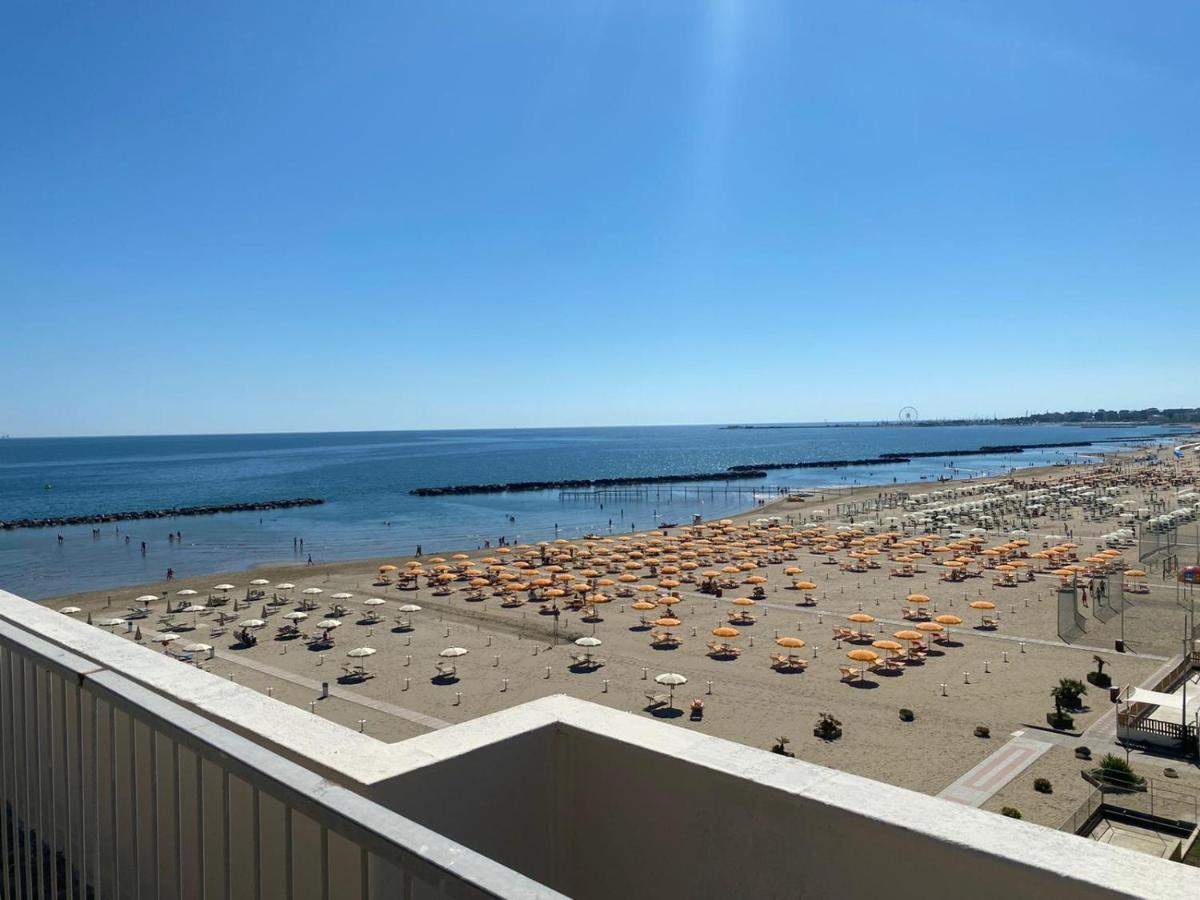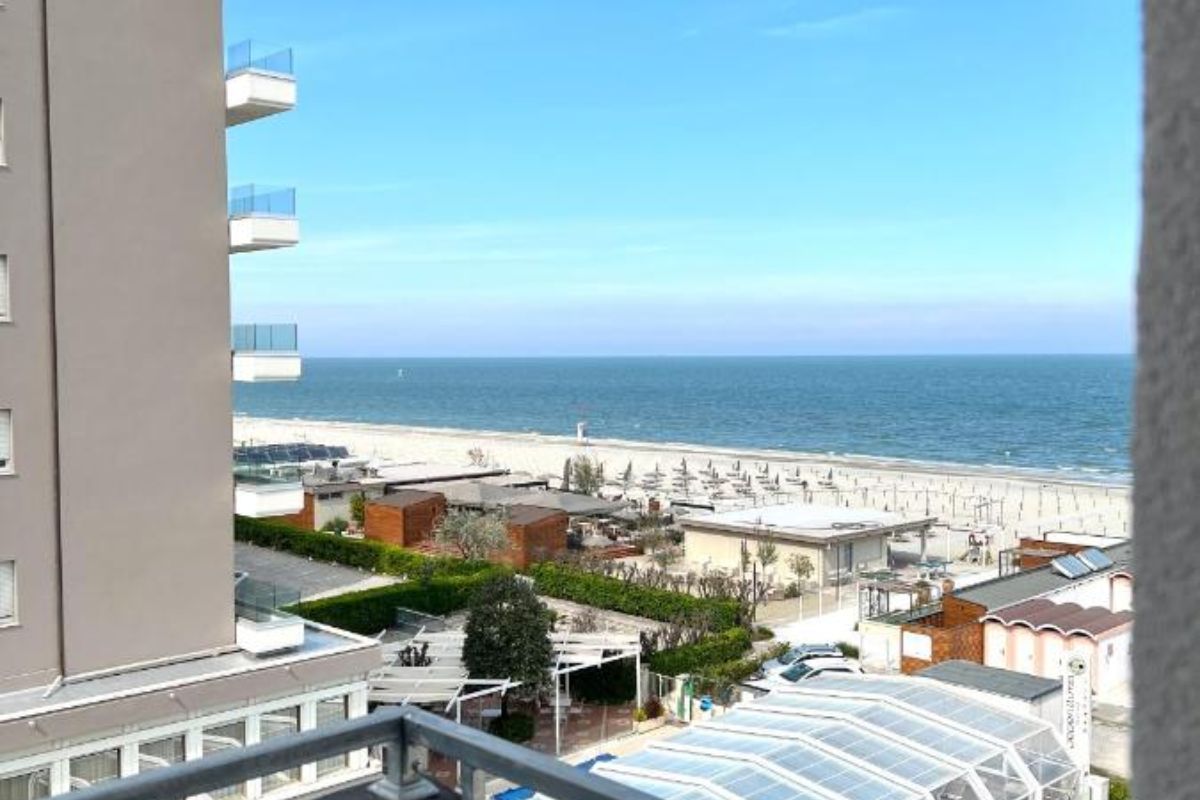The Rimini Theatre, also known as the Amintore Galli Theatre, is one of the most important historical theatres in Italy.
Its history dates back to the 19th century, when the Municipality of Rimini decided to build a new theatre for the city.
The project was entrusted to architect Luigi Poletti, who realised a neoclassical building of great beauty and prestige.
The theatre was opened in 1857 with a performance of Giacomo Meyerbeer's opera 'The Huguenots'.
Over the years, the theatre hosted important cultural events, concerts, plays and ballets.
During the 20th century, the theatre underwent several renovations and extensions.
In the 1980s, a new foyer was built and technical improvements were made to the hall.
In 1993, the theatre was named after Amintore Galli, a famous 19th-century Rimini actor and theatre director.
In 2007, work began on a major renovation, which led to the adaptation of the facilities, the upgrading of the halls and compliance with safety regulations.
The renovation was completed in 2019, with the theatre reopening to the public.
Today, the Rimini Theatre is an important cultural and artistic centre of the city, hosting numerous theatre performances, concerts and cultural events.
Its architectural beauty and the quality of the performances it hosts make it a popular destination for theatre and culture lovers.










